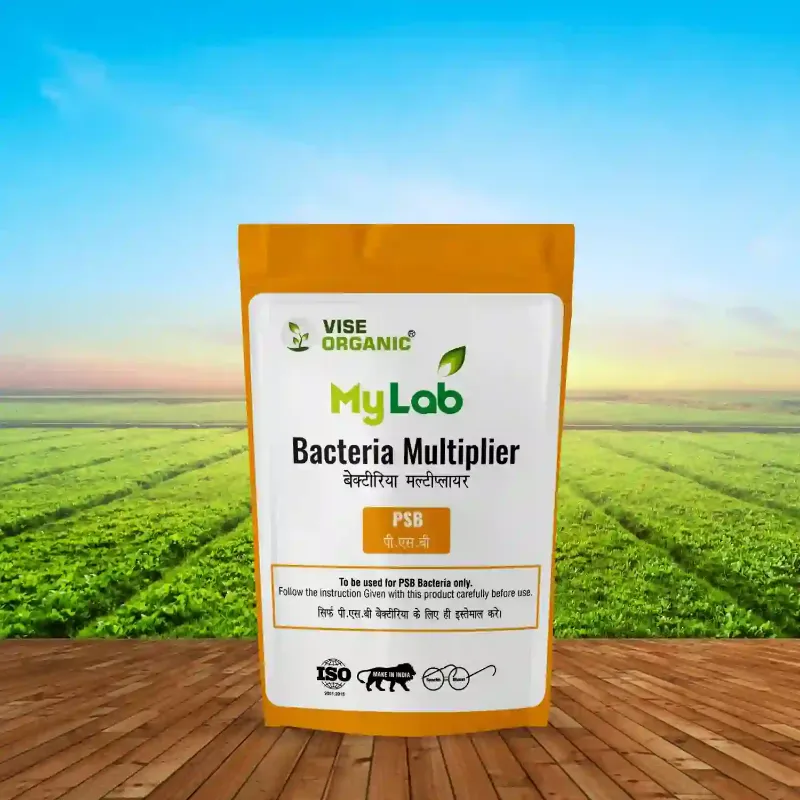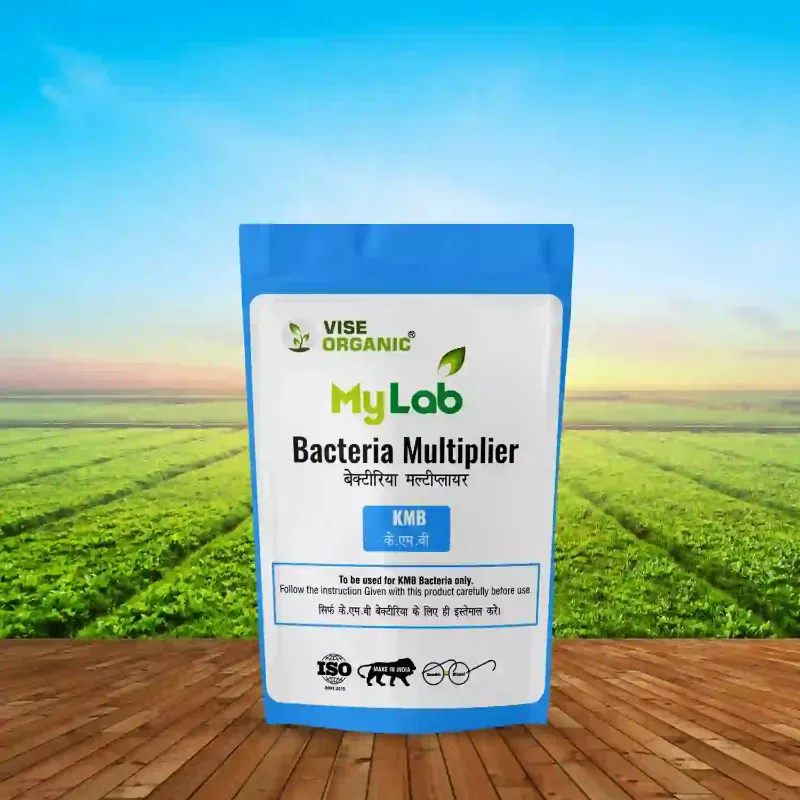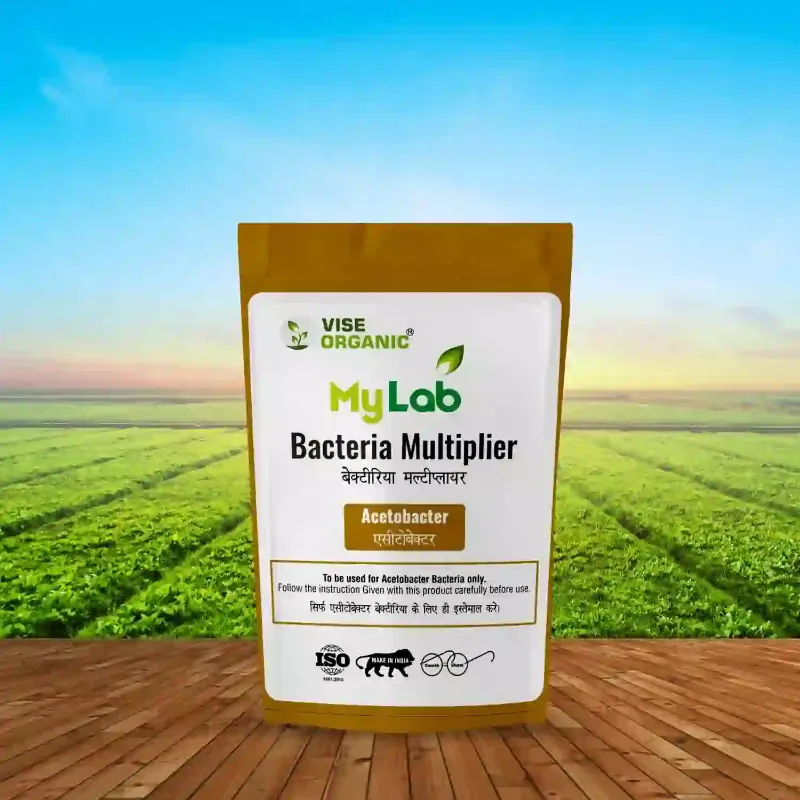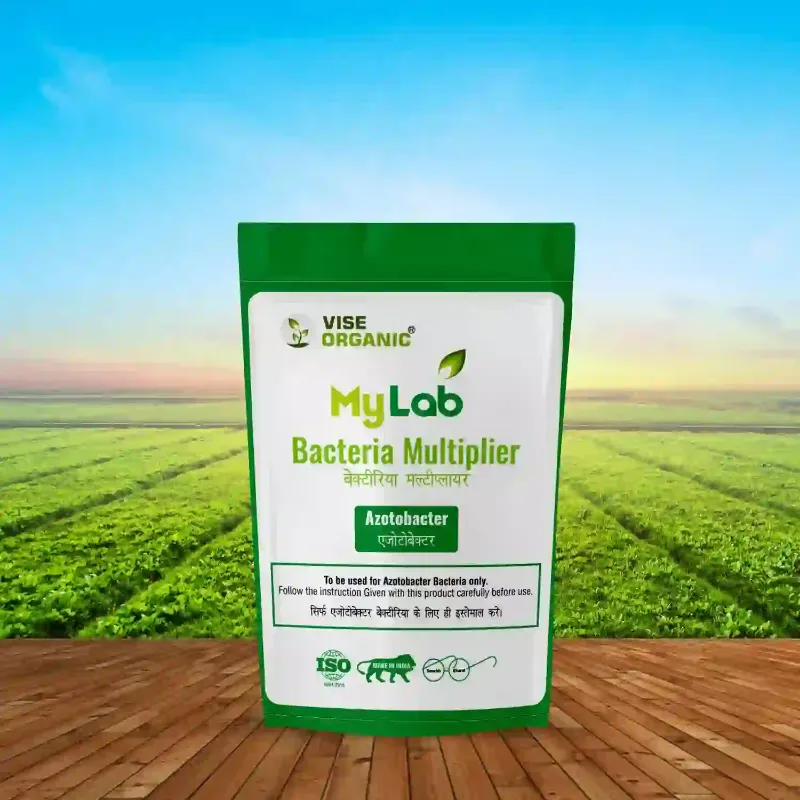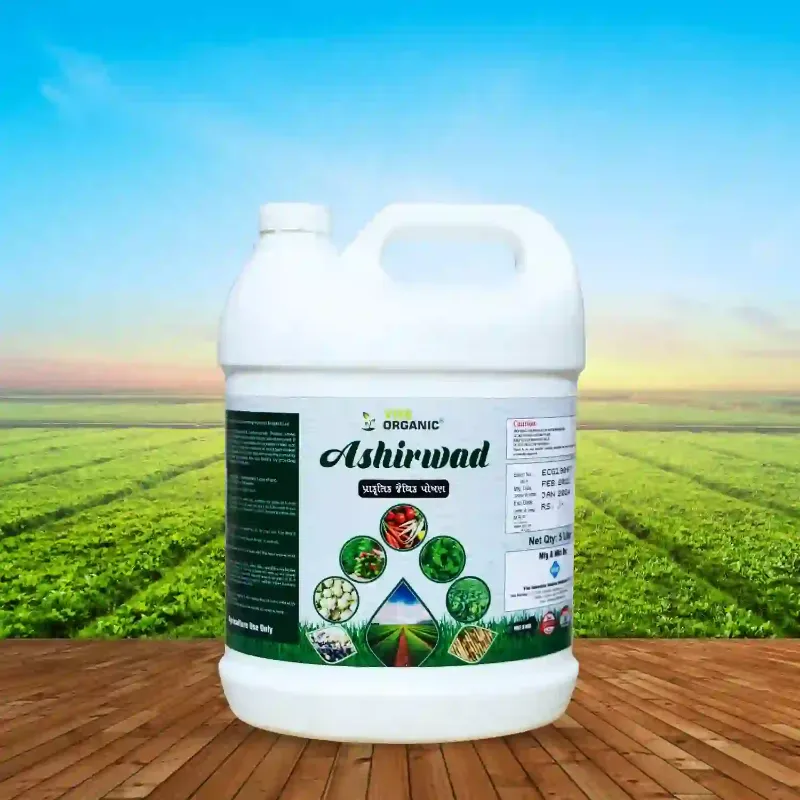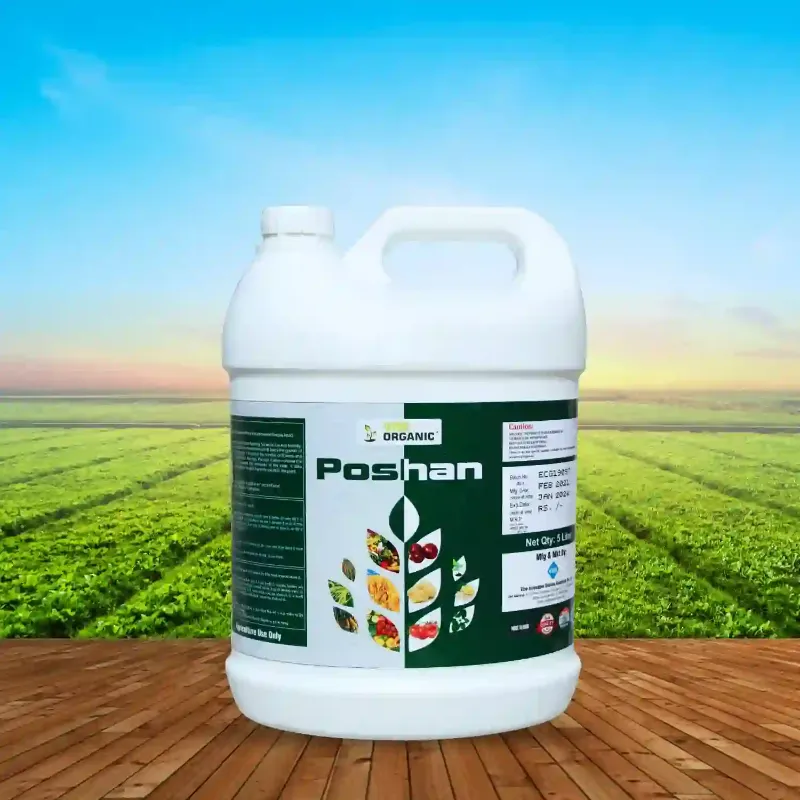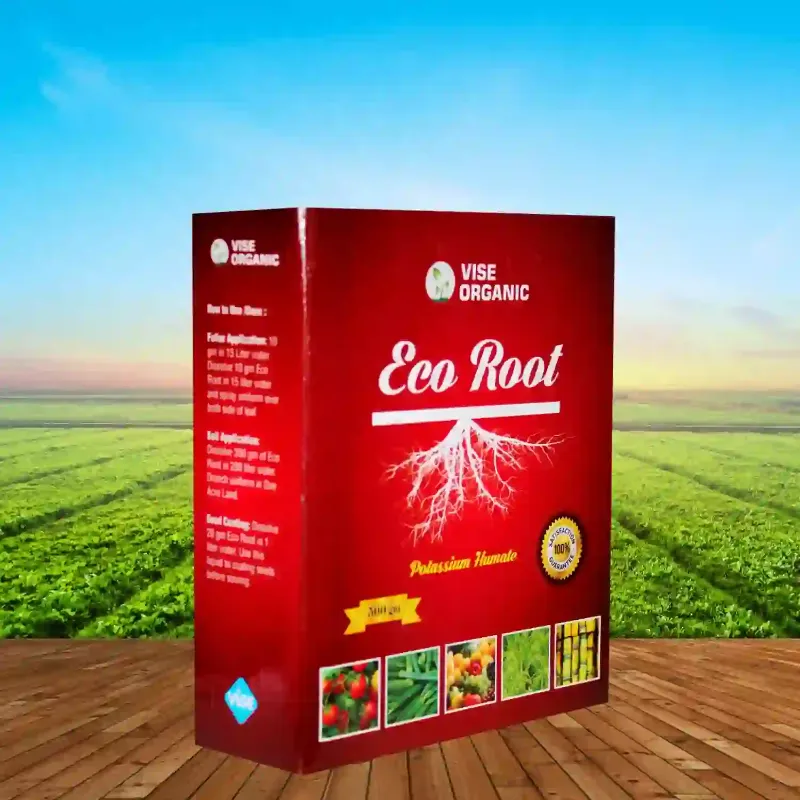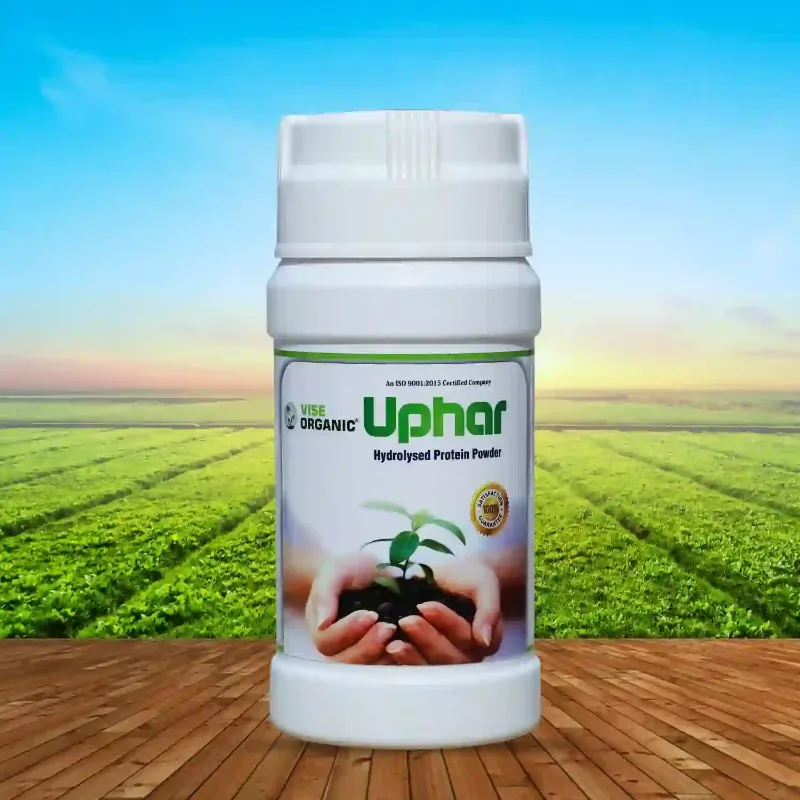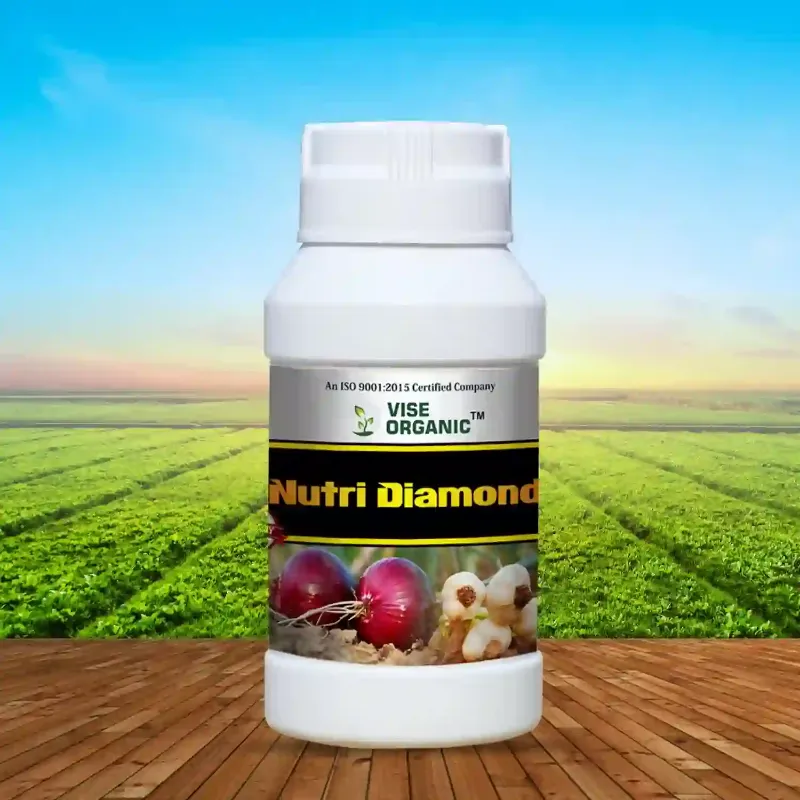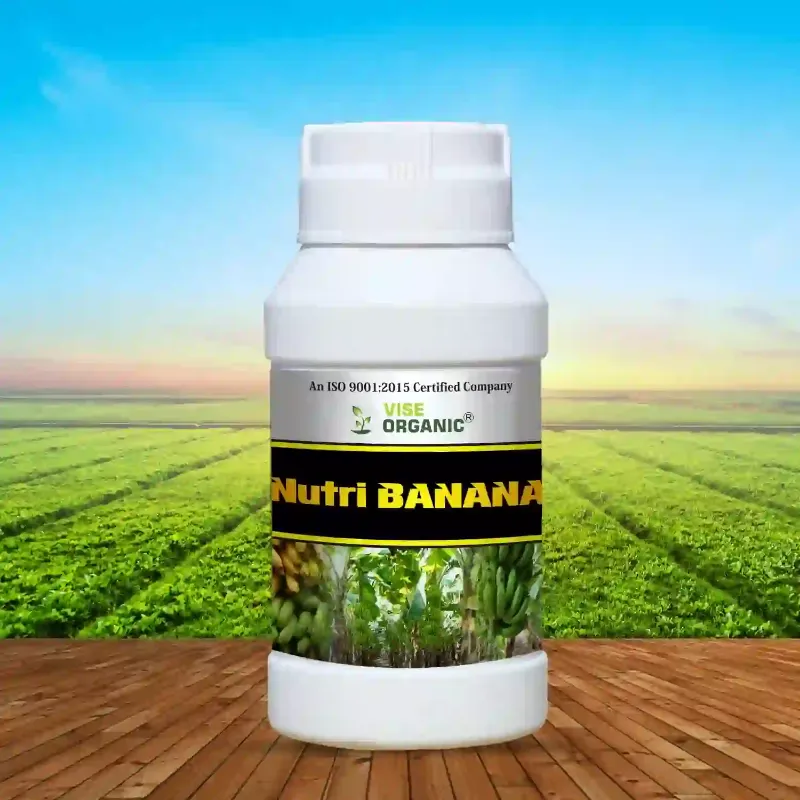Introduction
Vise Organic is at the forefront of agricultural innovation, providing solutions that enhance soil health and boost crop productivity. Our Phosphate Solubilizing Bacteria (PSB) products are designed to optimize phosphate availability in soils, supporting more efficient and sustainable farming practices. Phosphate Solubilizing Bacteria from Vise Organic are specialized microbial formulations that play a crucial role in increasing the availability of phosphate in the soil. Specifically, these bacteria work by converting insoluble forms of phosphate, which are typically bound to soil particles and therefore unavailable to plants, into soluble forms that plants can readily absorb. Consequently, this transformation enhances nutrient uptake and supports overall plant growth. The PSB enhance soil fertility by breaking down phosphate rock and organic matter, thereby releasing essential nutrients in a form that plants can utilize more effectively. Consequently, this process improves root growth, boosts crop yields, and supports sustainable soil management practices.
Benefits of Phosphate Solubilizing Bacteria
- Enhanced Phosphate Availability: Converts insoluble phosphate into soluble forms, making it more accessible to plant roots.
- Improved Nutrient Uptake: Increases the efficiency of phosphate utilization by plants, leading to better growth and development.
- Boosted Crop Yields: Facilitates enhanced root growth and nutrient uptake, resulting in higher crop productivity.
- Sustainable Soil Management: Reduces the need for chemical fertilizers by naturally improving soil phosphate levels.
- Enhanced Soil Fertility: Contributes to overall soil health by promoting the breakdown of phosphate rock and organic matter.
- Cost-Effective: Minimizes the need for additional phosphate fertilizers, lowering input costs for farmers.
- Reduced Environmental Impact: Limits the risk of phosphate runoff and soil degradation, supporting environmentally friendly farming practices.
- Versatility: Suitable for a wide range of crops and soil types, adapting to various agricultural needs.
What advantages does Phosphate Solubilizing Bacteria offer for phosphate availability in soils?
- Increased Phosphate Solubility: Phosphate Solubilizing Bacteria convert insoluble phosphate into soluble forms, boosting soil phosphate availability and plant access.
- Enhanced Nutrient Utilization: By increasing phosphate availability, these bacteria help plants utilize soil nutrients for more efficient growth.
- Support for Plant Growth: Improved phosphate availability boosts root development, plant health, crop yields, and overall performance.
- Sustainable Fertilization: PSB reduce chemical phosphate fertilizer use, promoting sustainable soil management and lowering environmental impact.
- Improved Soil Health: PSB activity boosts soil fertility by breaking down phosphate rock and organic matter, enriching the soil.
Conclusion
Phosphate Solubilizing Bacteria from Vise Organic offer significant advantages for improving phosphate availability in soils. Consequently, this enhancement is essential for optimal crop growth and productivity. By converting insoluble phosphate into forms that plants can easily access, these bacteria not only enhance nutrient uptake but also support robust plant development and reduce the need for chemical fertilizers. Consequently, the use of PSB promotes sustainable soil management, improves soil fertility, and supports environmentally friendly agricultural practices. Integrating Phosphate Solubilizing Bacteria into your farming practices can lead to healthier soils, better crop yields, and a more sustainable approach to nutrient management. Moreover, Vise Organic remains committed to providing innovative solutions that meet the needs of modern agriculture and support long-term soil health and productivity.

